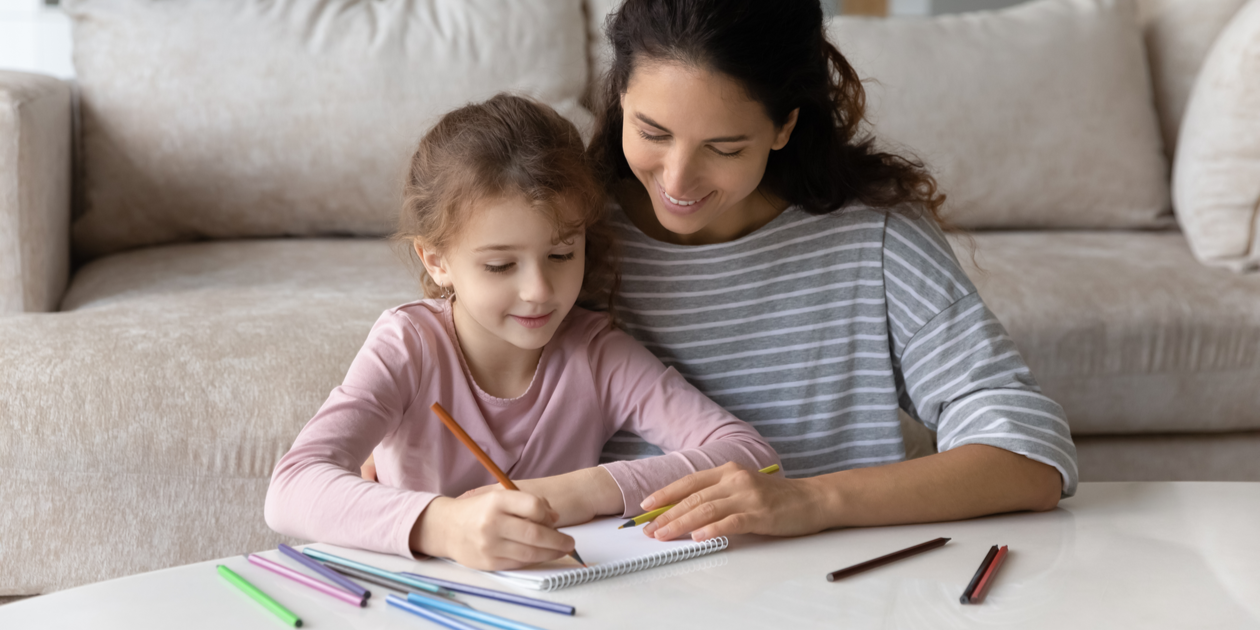Supporting your child with the death of a pet
by Beth Passmore on Feb 3, 2022
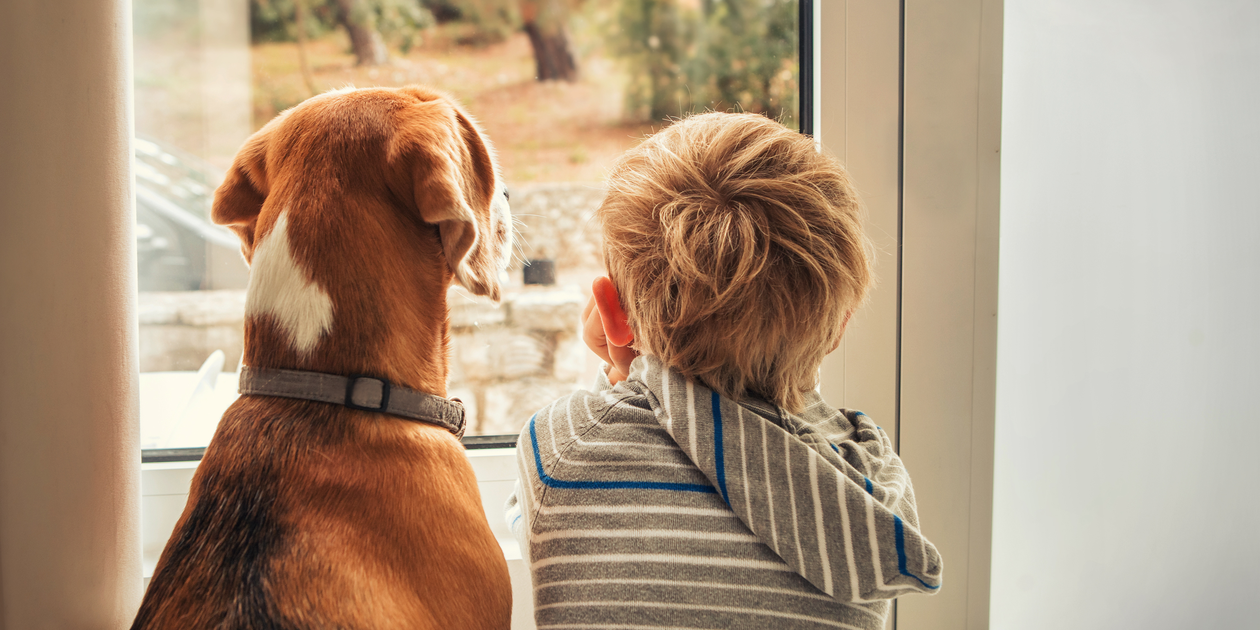
Pets play an incredibly important part in our lives and especially in the lives of children and young people. For many, their pet is their best friend and an integral part of the family. The connection children have with a pet can rival those with peers and siblings. The death of a pet, therefore, can feel intensely painful for a child. This may be their first experience of bereavement and so as we help them to navigate loss at this age we are equipping and preparing them for facing it later in life. As parents, it’s important we support our children in understanding their grief, and we help them develop the tools to cope with it.
Grief in children and young people
Grief is an individual experience that throws up a range of emotions or behavioural responses. With any loss, we can assume a child may only be feeling sad when in fact they could be angry, afraid, lonely, confused or in shock. Young children can often think they did something to contribute to the death of their pet and so guilt can also be a common feeling for them.
Loss of this kind can be particularly difficult if it is a child’s first pet or they have also experienced other losses in their life such as the death of a family member, parental separation or moving house. Their grief can last for a short time or perhaps weeks and months, depending on the child. How a pet dies can also have a huge impact on the child’s grief for instance in tragic and sudden circumstances.
It’s important to let children know their emotions are natural, however, they may be feeling, and to reassure them that they don’t need to talk about it straight away if they don’t want to. Let them know that you are there for them if and when they would like to talk. Try to understand the importance of their pet and what it is they have lost. Have they lost their best friend, the one they could talk to or find comfort from?
Does age matter?
.png?width=539&name=young%20boy%20and%20his%20dog%20(1).png)
Age can contribute to how a child processes and responds to pet loss. Here are some things to consider when working with grief in different age groups:
4-7 years old
These children may have some concept of death but may not understand the finality of it. They may think of the pet as sleeping. You may notice a change in how they are behaving, playing or eating. Giving them opportunities to talk about their pet, as well as drawing pictures or writing stories about them will help them to share how they are feeling.
8-11 years old
At this age, children begin to understand the permanence of death and may start asking more questions. This may also cause them to begin to worry about the death of those close to them. Try to reassure them that their questions are important and valid whilst being honest with them.
Adolescents
This age group can begin to react to loss more similarly to adults, whilst still needing reassurance like a younger child. The opinion of their friends and peers is very important at this age and so if they feel supported by them, they will feel more able to cope with the loss. Keep an eye out for young people whose peers aren’t supporting them as they may need more reassurance and help from you.
How can I help?
Here's my top tips on how to support your child with their grief:
1. Help them to express their grief
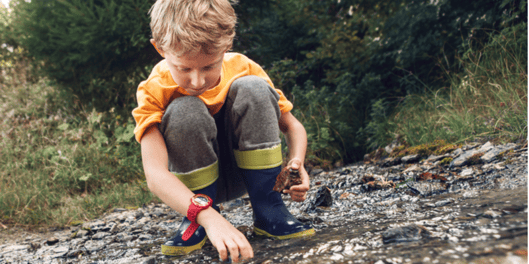
Encourage your child to find ways to express how they’re feeling. That might be crying if they want to cry, talking if they want to, having space or quiet time, getting outside, going for a walk or playing a game. Help them to find ways for their emotions to get out. If your child has ways to express their feelings, it will be easier for you to understand what these emotions are and how you can best support them. Children can often struggle with wording how they are feeling, it might be that they can describe a physical sensation to you or you can observe their behaviour. They may also express their grief through their play, for example pretending that a stuffed animal became ill and died. You can help them navigate their grief through participating in imaginary play like this.
2. Help them to remember their pet
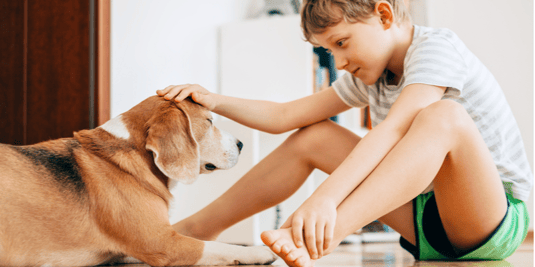
One way of supporting children through pet loss is to find ways to remember their pet. It might be that they want to draw pictures of the pet or write stories about them. Talking about their pet freely and regularly will help with this too. Perhaps there is a cuddly toy they want to keep close to them, that reminds them of their pet, or a plant or flower they have planted in memory of them. Again, encourage your child to find what helps them to remember.
3. Help them to cope with the loss

If your child has felt able to express their grief and remember their pet well they will feel better able to cope with this loss. As they begin to get used to life without their pet you can offer reassurance of your support and care for them. Remind them that their feelings are normal and some days will feel harder than others. There are loads of age-appropriate books available for working through grief with children. Why not consider reading one with the child or even asking their teacher to read it to the class. Some children may find things harder than others so look out for signs that they might not be coping with the loss.
This would include loss of appetite, loss of interest in daily activities or interests, withdrawal from friends or social interactions and persistent emotions such as anger or sadness. If these symptoms persist it may be that they need more support.
Loss is something all children will face in their lifetime and pet bereavement is often one of their first experiences of it. As we support them through it, we’re letting them know they’re not alone and we’re helping equip them with the tools to navigate loss later in life.
If your child is still struggling, and you're wondering if counselling could be the answer for your child, please get in touch with us and we'd be happy to talk it through.
- General mental health (35)
- General Speech & Language (32)
- School Issues (26)
- Counselling (24)
- Primary Schools (24)
- Classroom Behaviour (23)
- Anxiety (22)
- Speech and Language Therapy (22)
- Absenteeism (20)
- SENCOs (20)
- Safeguarding (17)
- Secondary & Sixth Form Schools (16)
- Social Communication (16)
- Funding (14)
- MATs (14)
- Generalised anxiety (13)
- Autism Support (10)
- Language Delay/Disorder (10)
- Relationship Issues (10)
- SEMH (10)
- ADHD Support (7)
- Speech Sounds (7)
- AAC (6)
- Autism (5)
- Hearing Impairment (5)
- Depression (4)
- Selective Mutism (4)
- Anger (3)
- Cleft Lip/Palate (3)
- Downs Syndrome (2)
- Ofsted (2)
- Phobias (2)
- Stammering (2)
- Loss (1)
- Self-Harm (1)
- Suicidal Thoughts (1)
You may also like
These related stories

My child mispronounces words – how can I help them?
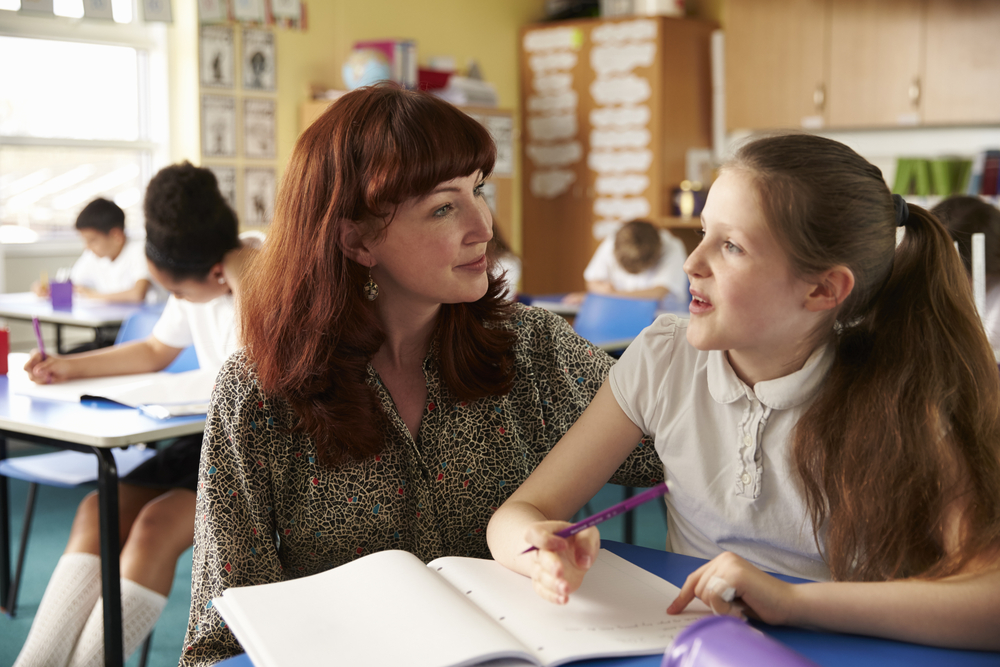
Helping Students Settle into the New School Year
